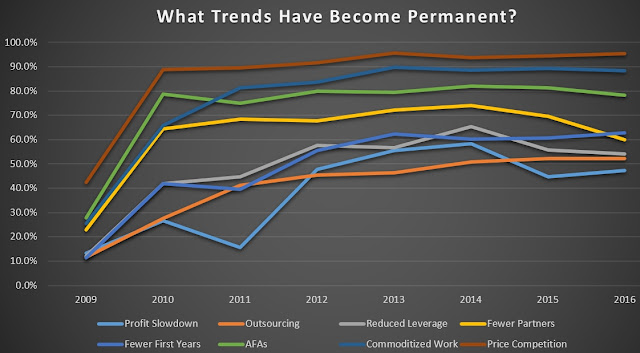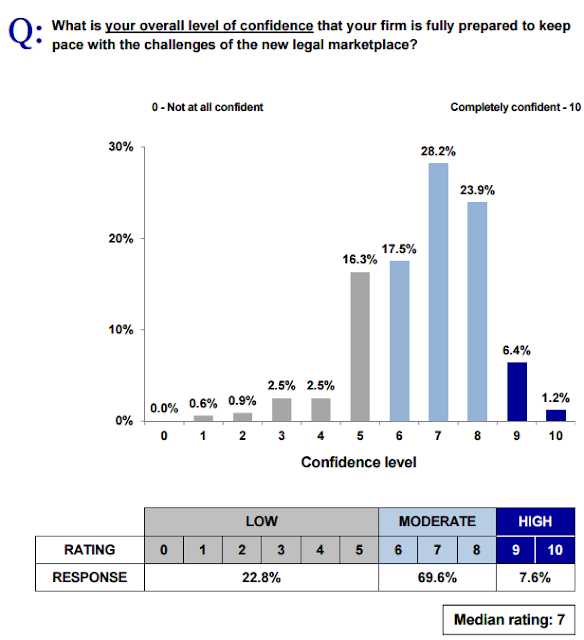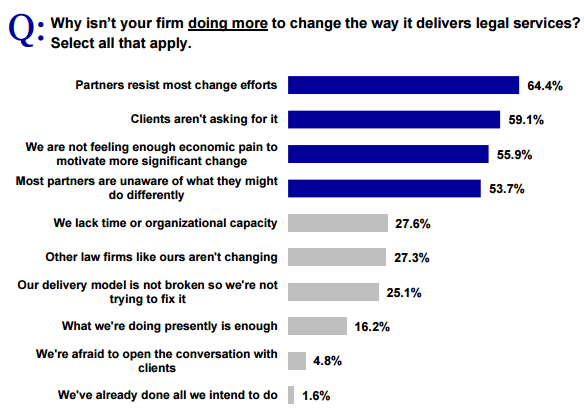It is hard to feel sympathy for extremely successful people. The problems of the powerful pale in comparison to the problems of the powerless. But the thing about power is that those who lack it have a difficult time understanding its limitations. Those who earn at the poverty line don’t really see the gap between the person making $100K and $1M, let alone the orders of magnitude that separate $1M from $100M.
Among the many great exchanges in The Wire is a former mayor giving advice to the mayor-elect. The soon-to-be mayor is so enthralled by the potential of his new position that he cannot take seriously his predecessor’s warnings about being beholden to those who put you there. The ambitious politician cannot imagine feeling powerless upon achieving such heights. Pride goeth before destruction, and a haughty spirit before a fall.
Many politicians find themselves straining to hold together loose coalitions in order to govern effectively. Many politicians have it easy compared to managing partners (MP) of law firms. MPs’ constituents are mostly lawyers. Dr. Larry Richard, the expert on lawyer psychology, explains, “Managing lawyers is like herding cats.”
MP’s most powerful constituents are really successful lawyers who can take their book of business elsewhere in the blink of an eye. During a lateral frenzy, it is probably not that much fun to run a “hotel for lawyers.”
To the extent one deems the legal market as insufficiently dynamic–change occurs but is not fast enough, broad enough, or deep enough–you might be inclined to think that the people nominally in charge are burying their heads in the sand. But the data suggests otherwise. While there can be an unbridgeable gap between knowledge and action, the MPs seem well versed in the shifting economic landscape.
In the 2016 Altman Weil MP survey, the MPs provided their opinions on the permanency of important trends.
In short, an MP’s job has gotten appreciably harder. Yet they mostly remain confident that their firms will be able to adapt to the changing economic landscape.
The confidence question only goes back to 2011. By 2011, the MPs were already convinced that many of the trends identified above were permanent. The average increase in perceived permanence between 2009 and 2011 was 36 percentage points. The average increase from 2011 to 2016 is only 10 percentage points.
The shift in MPs’ confidence does not appear to be rooted in a changing perspective on external forces. My supposition is that the shift is due largely to internal dynamics. In 2011, the MPs were fully convinced change was needed. By 2016, they realized just how hard real change is.
We don’t have the same kind of historical data on MPs’ views on the barriers to change. Altman Weil has only been asking my favorite question for two years. But the evolution in the MPs’ response in the last year is fascinating
In one year, the response that Partners resist change jumped 20 points. Clients aren’t asking was down slightly (3.6 points). Despite “crummy” economic results even at the top of the industry, the law firm pain threshold seems to have increased by more than 10 points. Partner (un)awareness makes its first, and very strong, showing. Less importantly, but not necessarily less interestingly, MPs appear to have slightly more misgivings about their organizational capacity (up 2.6 pts), are less likely to be convinced that their model is not broken (down 5.2 pts), and are less apt to believe that they’re already doing enough (down 4.6 pts).
In the next post, I intend to further explore partner resistance and economic pain.











Leave a Reply